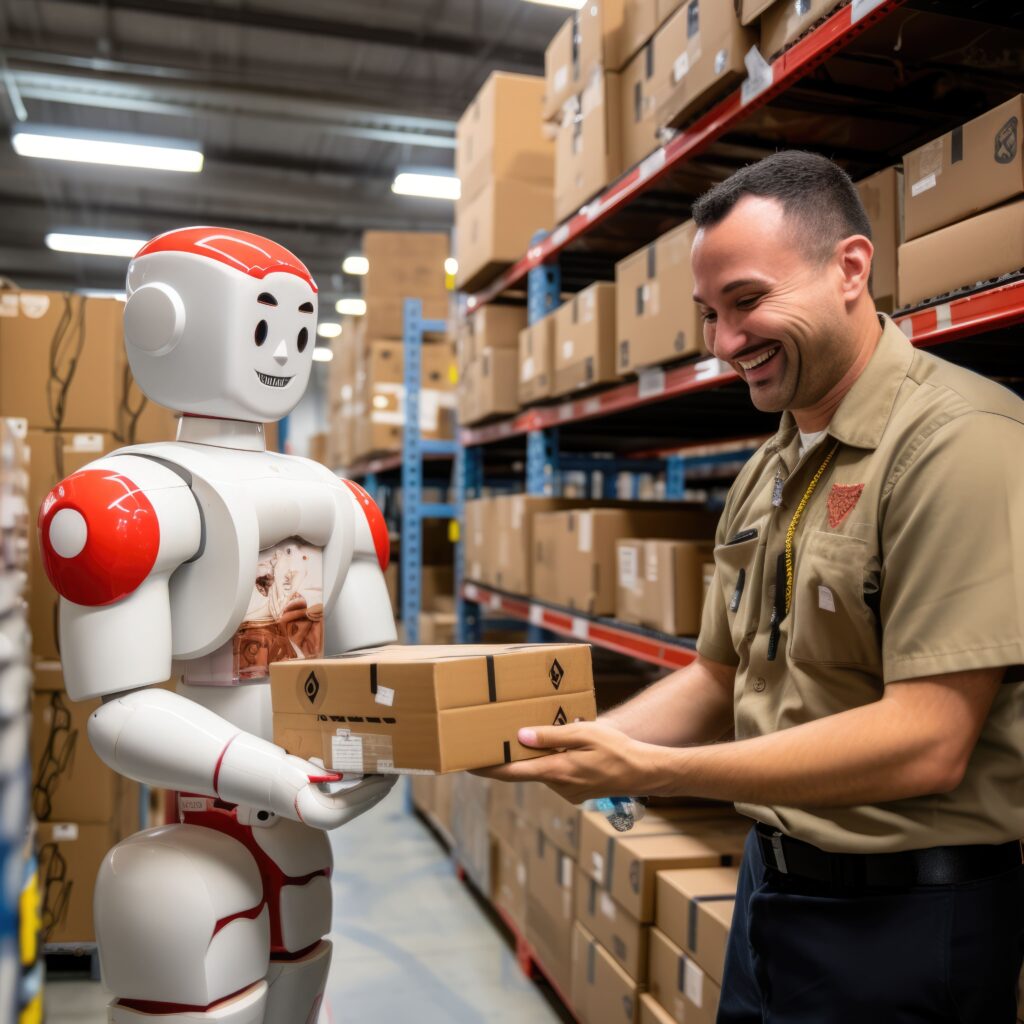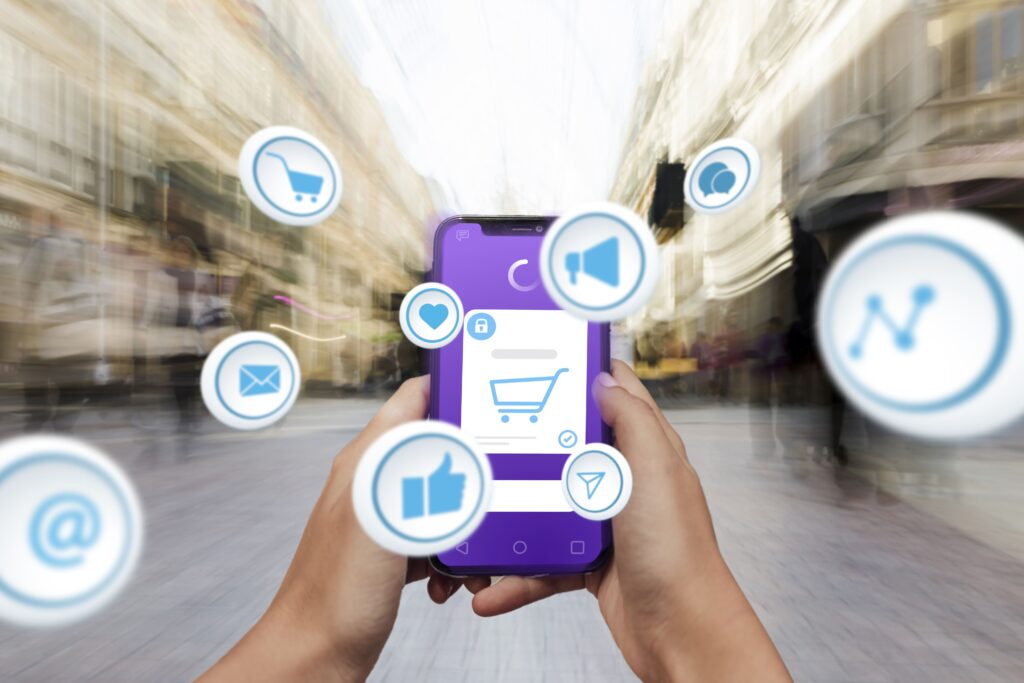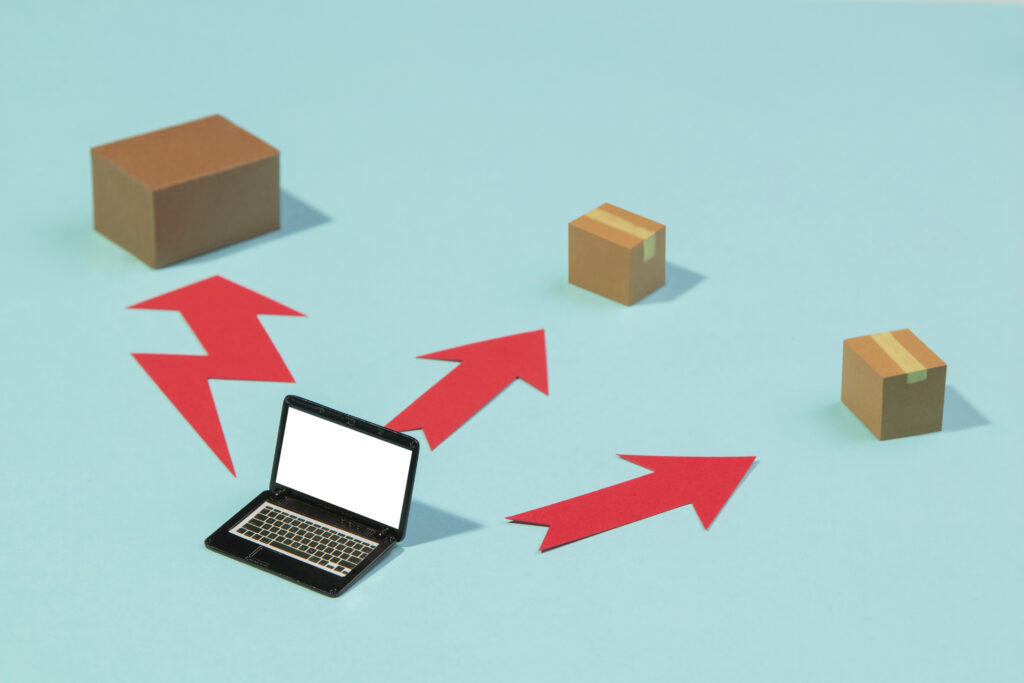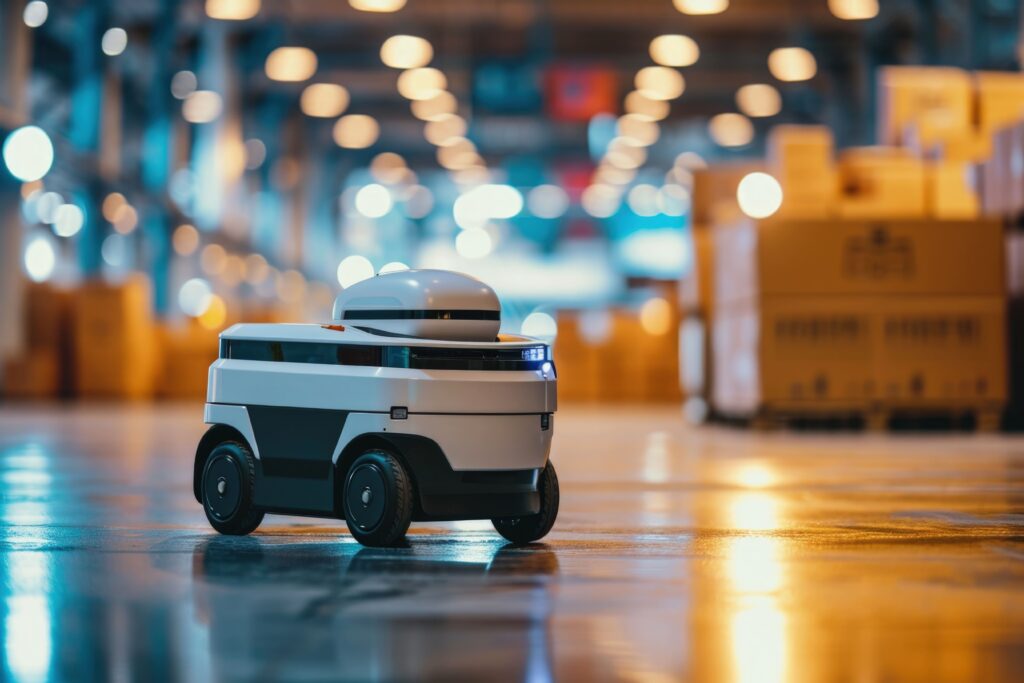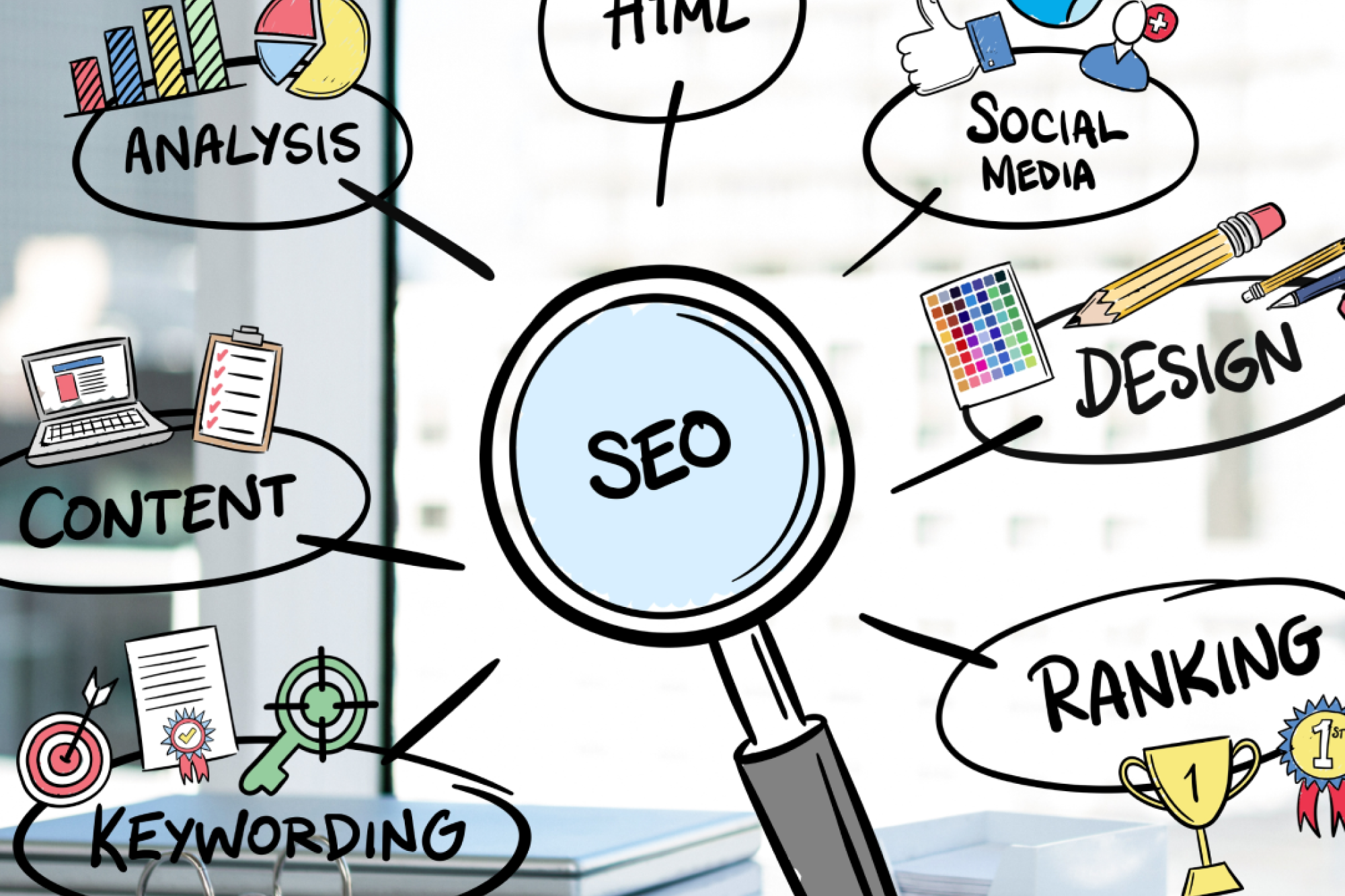Global organisations like FedEx are leading the AI revolution in logistics. FedEx is simplifying package handling and establishing a standard for speed, accuracy, and innovation by integrating AI sorting systems into its warehouse operations.
Third-party logistics, or 3PL, providers face both opportunities and challenges as a result of this change. Even small logistics companies can use AI to scale operations and compete successfully with the correct strategy and professional assistance.
Let’s examine the true nature of AI sorting, how it is transforming the logistics sector, and how your 3PL company can adjust.
What Is AI Sorting And How Does It Work In FedEx Warehouses?
AI sorting is the process of automatically sorting packages in a warehouse using intelligent systems. AI systems use computer vision, machine learning, and robotics to swiftly and precisely read labels and guide packages rather than depending on human labour.
FedEx employs AI sorting in its warehouses in the following ways:
- Real-time barcode and shipping label scanning by computer vision technology provides highly accurate package information, including size, weight, and destination.
- By analysing this data, machine learning algorithms identify the most effective sorting path, guaranteeing that packages are delivered to the appropriate dock or conveyor belt with the fewest possible delays.
- Packages are physically moved by robotic systems and automated conveyors in response to AI commands, eliminating the need for manual handling and the possibility of human error.
- Managers can make quick, well-informed decisions thanks to live performance dashboards that monitor sorting efficiency, package flow, and bottlenecks.
FedEx has decreased processing times, increased the accuracy of parcel tracking, and decreased operating costs throughout its extensive logistics infrastructure by implementing this system.
How Is AI Sorting Transforming Warehouse Automation In Logistics?
AI sorting is changing how the logistics sector manages warehouse operations worldwide, and its effects extend beyond a single business.
Principal advantages of AI sorting for automated warehouses:
- Quicker Turnaround Times: The time required to process incoming and outgoing shipments can be greatly decreased by using AI-enabled systems, which can sort thousands of packages per hour. This makes it possible for logistics companies to easily manage peak-season volumes and adhere to strict delivery windows.
- Reduced Sorting Errors: AI sorting systems reduce errors like misrouted or mislabeled packages by eliminating manual steps, which improves customer satisfaction and reduces delivery problems.
- Reduced Labour Costs: By eliminating the need for manual labour for repetitive tasks, automation helps 3PL companies reduce staffing expenses while rerouting workers to highly value-added roles.
- Better Use Of Warehouse Space: AI systems reduce needless movement within the warehouse and improve storage efficiency by streamlining workflows and optimising layout design.
- Continuous, Round-the-clock Performance: AI systems never get tired like human workers do. Because they can work around the clock, logistics companies can meet increasing demands without experiencing any downtime.
At MetroMax BPM, we assist 3PL providers in assessing their warehouse requirements and putting AI-driven automation strategies into practice that complement their corporate objectives.
Which AI Technologies Are Helping 3PL Companies Become Smarter?
A variety of AI technologies power modern 3PL operations, improving supply chain visibility, accuracy, and speed.
Leading AI technologies revolutionising 3PL operations:
- Systems For Automated Warehouses: By eliminating the need for manual labour, robotic pickers, automated conveyors, and intelligent storage solutions increase productivity and efficiency.
- AI-driven Inventory Tracking: AI-powered real-time inventory management keeps stock levels current at all times, minimising overstock and averting shortages.
- Artificial Intelligence (AI) Chatbots And Virtual Assistants: These technologies respond to customer service requests instantly, offering shipping updates, addressing frequently asked questions, and freeing up employees for more difficult jobs.
- Internet Of Things (IoT) Devices: Sensors monitor package movement, temperature, and humidity, guaranteeing traceability and quality control across the supply chain.
- Dynamic Route Optimisation Algorithms: AI determines the quickest and most fuel-efficient routes for drivers by analysing weather, traffic patterns, and delivery deadlines.
3PL providers can lower costs, decrease errors, and provide outstanding service throughout their logistics networks by integrating these technologies.
Can Smaller Logistics Companies Compete With FedEx Using AI?
Even though FedEx has a lot of resources, AI technologies are now more widely available. Without making a significant upfront investment, small and mid-sized 3PL companies can access scalable automation solutions and cloud-based AI platforms.
How AI can be used by smaller logistics companies:
- Make Use Of Cloud-based Warehouse Management Systems (WMS): Without requiring expensive infrastructure, these platforms provide AI-powered features like real-time tracking and predictive inventory control.
- Use Tracking Tools Driven By AI: Smart sensors and GPS-enabled devices that give clients real-time updates and cut down on support requests can improve visibility into shipments.
- Make Use Of Predictive Analytics: AI can predict demand, improve delivery routing, and assist in preventing delays brought on by bad weather or traffic.
- Concentrate On Specialised Services: Smaller 3PL companies can establish a market by providing individualised or sector-specific services that are improved by performance and insights supported by AI.
Even expanding logistics companies can compete in an AI-driven world with MetroMax BPM’s technology consulting and process optimisation services.
What Are The Challenges Of AI Sorting, And How Can You Overcome Them?
AI logistics implementation may seem complicated, particularly for companies with little funding. Nonetheless, the shift can be easy and very advantageous with the correct strategy and knowledgeable direction.
Typical difficulties consist of:
- High Initial Outlay: The cost of advanced automation equipment can be high at first. Over time, however, AI adoption becomes more affordable thanks to cloud-based solutions and phased implementation plans.
- Absence Of Qualified Staff: Groups may not have the technical expertise necessary to oversee AI systems. Hence, onboarding assistance and organised training programs can help with this.
- Integration With Legacy Systems: Modern AI tools might not be compatible with older warehouse software. Phased upgrades and custom API solutions can help close the gap.
- Data Security Issues: AI systems handle a lot of private information. Adhering to data protection laws and putting strong cybersecurity measures in place are crucial.
How MetroMax BPM addresses these issues:
- We provide tailored implementation plans that grow with your company.
- For your employees to handle AI tools with confidence, our team offers technical training.
- To prevent interruption, we assist you in integrating AI solutions with your current systems.
- To guarantee data security and compliance at every stage, we adhere to industry best practices.
Final Thoughts
There is a clear path forward for other industry participants as FedEx continues to set new logistics standards with AI sorting. Smart warehousing, real-time decision-making, and automation are now necessary rather than optional.
Your 3PL business may leverage AI, enhance warehouse operations, and maintain its competitiveness in an increasingly automated world with the correct plan and knowledgeable assistance from MetroMax BPM.


